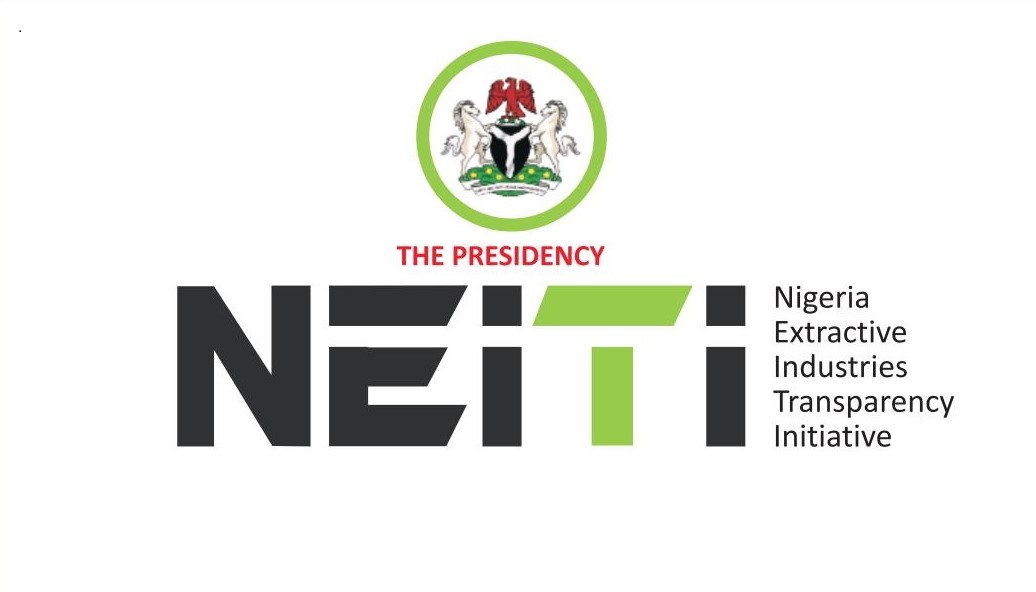
The Nigeria Extractive Industries Transparency Initiative (NEITI) has revealed that revenue generated by federal government agencies from the extractive sector amounted to ₦14.38 trillion, remitted to the federation account between January 2020 and December 2021.
Dr. Orji Ogbonnaya Orji, the Executive Secretary of NEITI, shared this information in Abuja on Thursday during the presentation of the most recent Fiscal Allocation and Statutory Disbursement (FASD) report, encompassing the timeframe from 2020 to 2021.
Mr. Shaakaa Chira, the Auditor General of the Federation, presented the report, with Mr. Sundung James, the Director of Audits, representing him.
The revenue-generating agencies include the Nigerian National Petroleum Company Limited (NNPC Ltd), the Nigerian Upstream Regulatory Commission (NUPRC), the Federal Inland Revenue Service (FIRS), the Ministry of Mines and Steel Development (MMSD), and the Nigeria Customs Service (NCS).
During the presentation, Orji highlighted that the NEITI’s most recent FASD reports delve into the processes defining transactions across the sector.
He revealed that the analysis indicated mineral revenue constituted N6.40 trillion, representing approximately 44.5% of the total remittances during the period. Additionally, other non-mineral revenue (excluding VAT) played a significant role, contributing N4.80 trillion, equivalent to around 33.37% of the total remittances.
“It looked at an independent assessment of financial transactions in the areas of revenue receipts and payments and how the processes weighed on the scale of transparency and accountability in the oil and gas sector during the period under review.
“Other areas that NEITI focused on in this report were projects executed, deployment to capital projects, and recurrent expenditure and how these aligned with the core responsibilities of the agencies, the government, and citizens’ expectations.
“NEITI’s FASD Report examined total extractive industry revenue remitted to the federation account, tracked allocation and disbursement from the account to statutory recipients, utilization, and application of the funds by beneficiaries between 2020 and 2021,’’ he said.
Furthermore, he said that the audit encompassed four federal revenue-generating agencies and 11 beneficiary agencies responsible for managing funds related to extractive industries.
The report, he said, also covered nine selected states: Akwa-Ibom, Bayelsa, Delta, Gombe, Imo, Kano, Nasarawa, Ondo, and Rivers.
“The beneficiary agencies include the Petroleum Technology Development Fund (PTDF), the Niger Delta Development Commission (NDDC), the Nigerian Content Development and Monitoring Board (NCDMB), and the Nigeria Midstream and Downstream Petroleum Resources Agency (NMDPRA) (PEF-PRA).
“Others are the Tertiary Education Trust Fund (TETFund), the Nigeria Sovereign Investment Authority (NSIA), the Development of Natural Resources Fund (DNRF), the Stabilization Fund, the Ecological Fund, and the Excess Crude Account (ECA),” he noted.
On his part, Shaakaa Chira, the Auditor General of the Federation, emphasized that the FASD report, serving the agency’s mandate as per Nigeria’s constitution, is valuable to his office.
Shira mentioned that the report will support their office in conducting an audit of federation revenue, encompassing its collection, remittance, and disbursement.
The document will also aid in periodic checks of deductions and transfers occurring before remittances, as well as in the assessment of FAAC allocations.
Moreover, in his remarks, Mr. Faruk Ahmed, Authority Chief Executive of the Nigerian Midstream and Downstream Petroleum Regulations Authority (NMDPRA), lauded NEITI’s role over the years, including transparency in public and private sector businesses and beyond the extractive industries.

